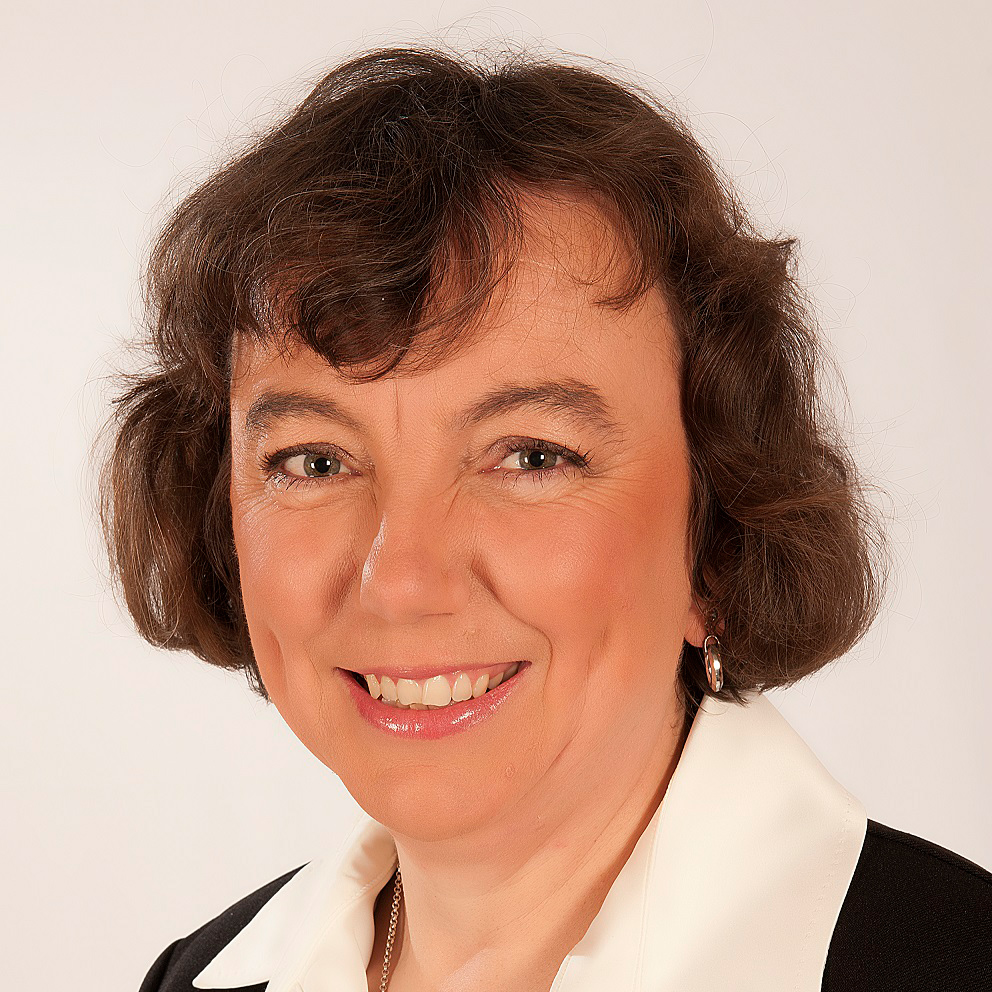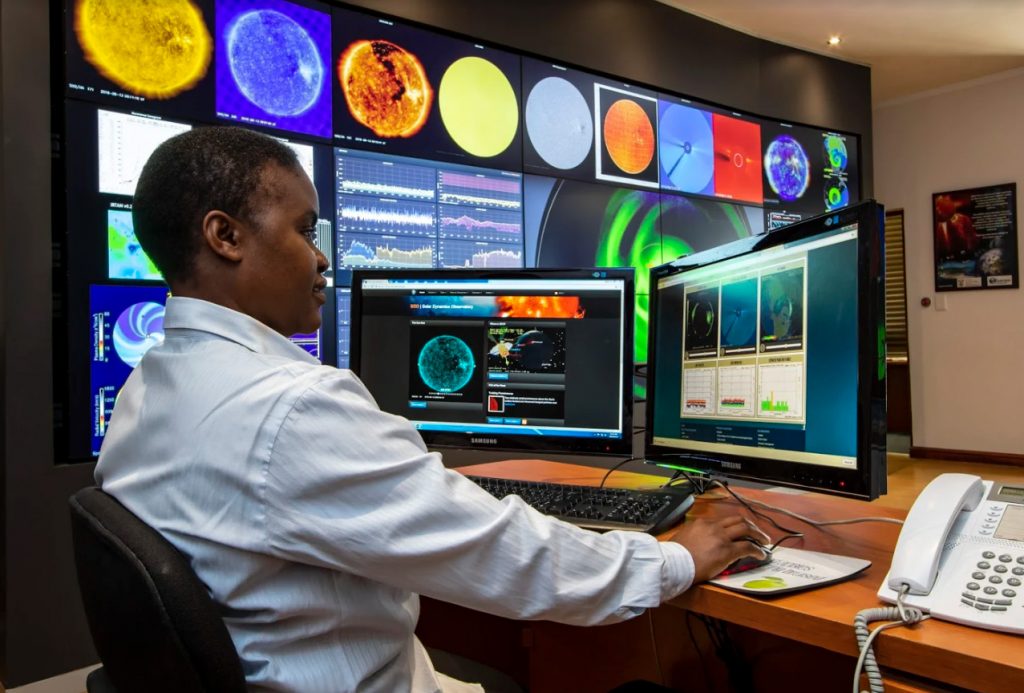… This centre will help the rest of Africa in forecasting space weather… We are extremely proud of this centre. It will provide space weather forecasts for the rest of Africa.
From Rusana Philander in Cape Town.
The South African National Space Agency (SANSA) has set up the first Space Weather Regional Warning Centre for Africa. It was launched in Hermanus to help mitigate space weather related problems.
As Africa and South Africa enters the fourth industrial revolution space weather is seen to pose the danger of damaging effects on countries’ defence, communications, navigation, aviation and energy sectors in the region. A space weather warning centre has thus become necessary.
The announcement of the launch was made during a visit at the Department of Science and Technology.
Space Science Managing Director at SANSA, Dr Lee-Anne McKinnell, explained that particles coming from the sun and solar storms can damage technology such as electricity supply, the internet and satellites.
She said: “According to research the defence, communications, navigation, aviation, and energy sectors can be impacted by the effects of space weather.

“There is an increasing need for space weather centres as was also identified by the UK and US. We are looking at establishing a research chair on space weather. This centre will also help the rest of Africa in forecasting space weather.”
Department of Science and Technology’s director-general Dr Phil Mjwara, said: “We are extremely proud of this centre. It will also provide space weather forecasts for the rest of Africa. Especially the impact it has weather and the country’s different industries.”
With regards the impact of space weather on climate change Prof. Mark Moldwin a professor of Space Sciences and Engineering and Applied Physics at the University of Michigan’s Department of Climate and Space Sciences, said terrestrial climate is very speculative.
“Meaning, that the weather on earth can have an impact on space weather. This happens with gravity waves and when lightning occurs. Lightning can move between 10 and 100 kilometres into space. Climate change is also going to get worse. As countries are experiencing extreme weather such as droughts and floods. This has an impact on the growing of food which has become a global concern,” Moldwin said. SANSA’s science centre manager Elise Fraser, also said they teach children from a young age about science at the centre. “The children enjoy it very much because it is interactive. Here they also learn about satellite development. We encourage them to take careers in science and engineering,” she said.




